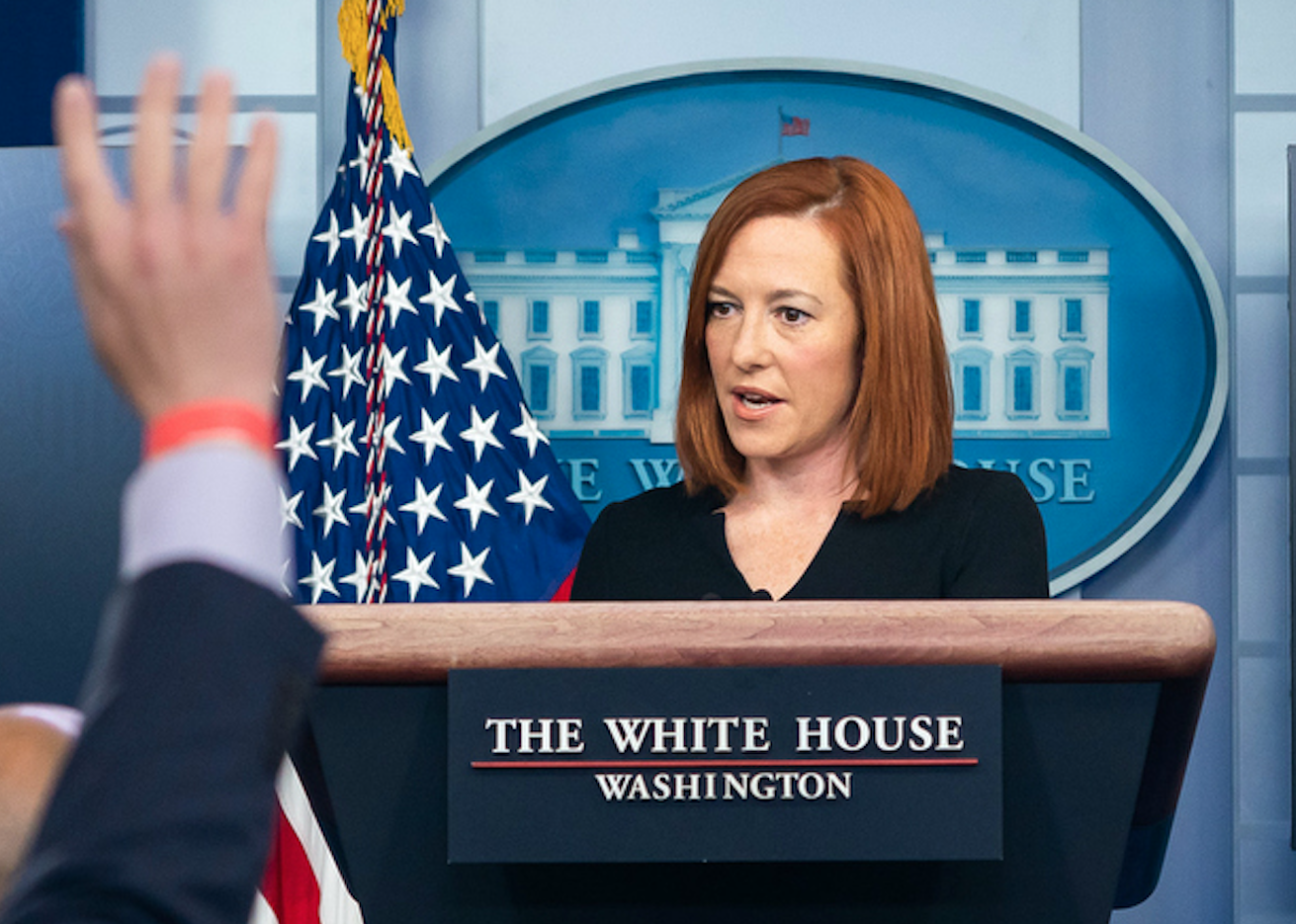PoliticalChic
Diamond Member
You are aware of the political bent that controls education, government schooling, in America. And you should be aware that there are a number of alternatives to government school. In the following you will see why the latter are far better alternatives to the former.
1.”A friend of mine told me an apocryphal story that left me with a cold shudder. He is an old-fashioned “liberal” and a strong advocate of public education; all his children attend public schools. In fact, he is vehemently opposed to the idea of promoting private schools on the premise that they result in a more stratified society because, he believes, poor whites and blacks will be disproportionately disqualified from attending such institutions.
2. In good faith, he has always entrusted his children’s education to what I had typically referred to as “government schools.” He was confident that they would receive a robust education. During the Covid-19 pandemic, however, he was forced to monitor their classroom activities. Unemployment had left him more time to inconspicuously sit-in, especially on the classes of his sixth grade son.
3. One afternoon, he was shocked to come upon an assignment being conducted during an English class in which all the white students in the Zoom course were required to place their arms beside a brown paper bag. (How his son had acquired a crisp, brown paper bag was a mystery to him.) The teacher asked them if they noticed a difference in color between their skin and the brown paper bag. All of the white students nodded, and some verbally assented. The teacher then asked if the color of the bag looked close to the color of some of their classmates who identified as black. His son peered at the screen and raised the icon button identifying his acknowledgement. The teacher then announced the following with full moral rectitude and intransigence:
“If your skin color is different from the color of the paper bag, then you are part of a problem in America known as ‘systemic racism’ that does irreparable harm to all black and brown people in America. Further, if your skin color is different from the brown paper bag and you identify as white, you enjoy something called ‘white privilege,’ which means you are practicing racism every day without knowing it.”
4. Each student that had different color skin than the brown paper bag bore a collective guilt. The teacher then went on to ask the class if they had ever heard the term “reparations.” Out of some sense of visceral, atavistic paternal protection, my friend slammed down his son’s computer and told him to go to his room for a while. He said he stood with his fingers pressed into the metal cover of the computer, shaking with incredulity."
Jason D. Hill,

1.”A friend of mine told me an apocryphal story that left me with a cold shudder. He is an old-fashioned “liberal” and a strong advocate of public education; all his children attend public schools. In fact, he is vehemently opposed to the idea of promoting private schools on the premise that they result in a more stratified society because, he believes, poor whites and blacks will be disproportionately disqualified from attending such institutions.
2. In good faith, he has always entrusted his children’s education to what I had typically referred to as “government schools.” He was confident that they would receive a robust education. During the Covid-19 pandemic, however, he was forced to monitor their classroom activities. Unemployment had left him more time to inconspicuously sit-in, especially on the classes of his sixth grade son.
3. One afternoon, he was shocked to come upon an assignment being conducted during an English class in which all the white students in the Zoom course were required to place their arms beside a brown paper bag. (How his son had acquired a crisp, brown paper bag was a mystery to him.) The teacher asked them if they noticed a difference in color between their skin and the brown paper bag. All of the white students nodded, and some verbally assented. The teacher then asked if the color of the bag looked close to the color of some of their classmates who identified as black. His son peered at the screen and raised the icon button identifying his acknowledgement. The teacher then announced the following with full moral rectitude and intransigence:
“If your skin color is different from the color of the paper bag, then you are part of a problem in America known as ‘systemic racism’ that does irreparable harm to all black and brown people in America. Further, if your skin color is different from the brown paper bag and you identify as white, you enjoy something called ‘white privilege,’ which means you are practicing racism every day without knowing it.”
4. Each student that had different color skin than the brown paper bag bore a collective guilt. The teacher then went on to ask the class if they had ever heard the term “reparations.” Out of some sense of visceral, atavistic paternal protection, my friend slammed down his son’s computer and told him to go to his room for a while. He said he stood with his fingers pressed into the metal cover of the computer, shaking with incredulity."
Jason D. Hill,




